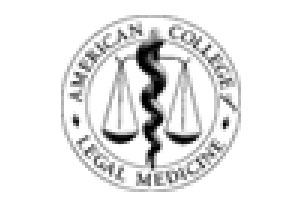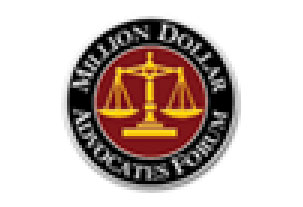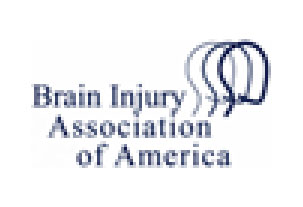According to Seedol, an European study conducted at the University of Groningen in the Netherlands has shown that Depakote increases the risks of several types of birth injuries such as spina bifida, heart defects and craniosynostosis by up to twelve times. The European researchers concluded that women who used Abbott Laboratories anti-seizure drug during their first trimester may have unknowingly increased the risk of birth defects in their infants.
Depakote’s birth defects have caused the U.S. Food & Drug Administration to issue a Depakote black box warning in 2006 and have lead to numerous birth injury lawsuits. Birth injury lawyers have argued that Abbott Laboratories failed to warn mothers about the increased risk of Depakote-related brain injury and may be liable for economic damages, non-economic damages and possibly punitive damages in cases where an infant has suffered permanent birth defects.
The European study examined nearly 100,000 pregnancies and found that the following birth defects risks increase when a fetus is exposed to Depakote:
Spina Bifida. The risk of developing Spina Bifida increased by as much as 12 times after Depakote use.
Atrial Septal Heart Defect. The risk of developing an atrial septal heart defect condition doubled after Depakote use.
Cleft Palate. The risk of developing a cleft palate increased by as much as five times after Depakote use.
Hypospadias. The risk of developing hypospadias, a defect in the placement of a boy’s urethra, increased as much as five times after Depakote use.
Craniosynostosis. The risk of developing craniosynostosis, a condition where a child’s skull bones close too early, increased as much as seven times after Depakote use.
Cappolino Dodd Krebs LLP. – birth trauma lawyers













